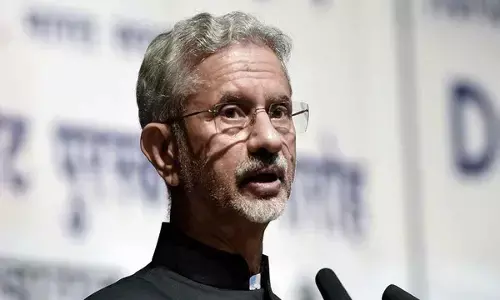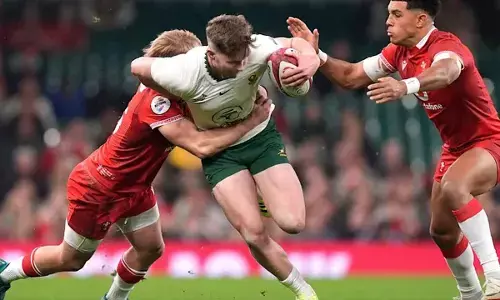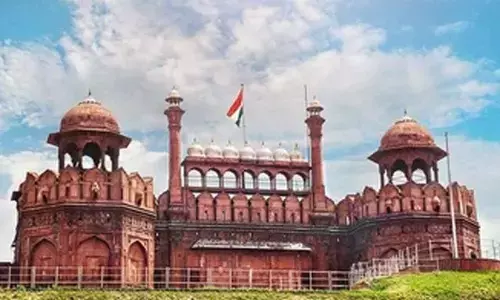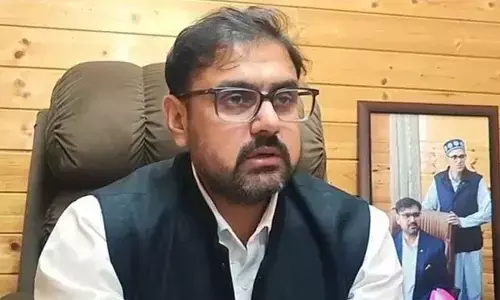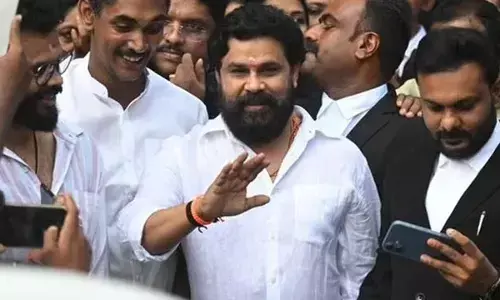Twitter activism can help fight for racial justice
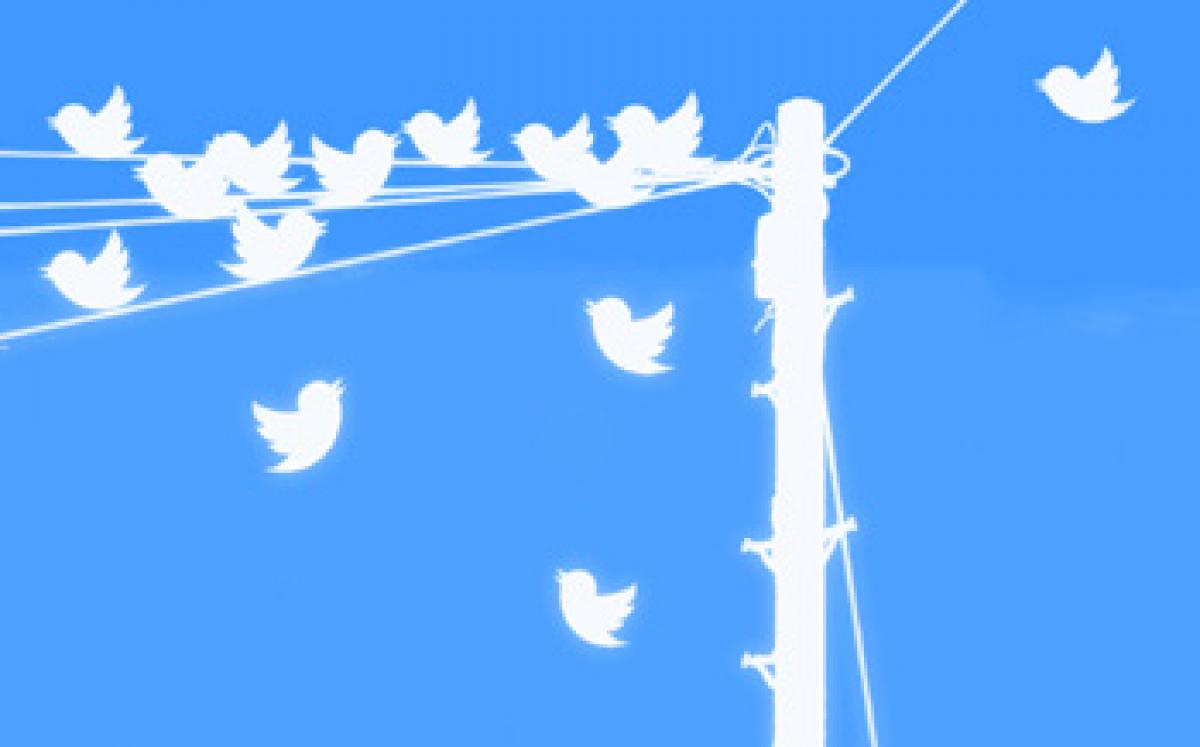
With hashtag activism, the micro-blogging site Twitter has triggered the biggest ever push for racial justice the US has seen in decades, researchers report. With hashtags like #Ferguson, #Blacklivesmatter, and the Online Struggle for Offline Justice, the social media activism fuelled the rise of “Black Lives Matter (BLM) - a nationwide movement dedicated to ending police brutality.
Washington: With hashtag activism, the micro-blogging site Twitter has triggered the biggest ever push for racial justice the US has seen in decades, researchers report. With hashtags like #Ferguson, #Blacklivesmatter, and the Online Struggle for Offline Justice, the social media activism fuelled the rise of “Black Lives Matter (BLM) - a nationwide movement dedicated to ending police brutality.
The study by communications professor Deen Freelon from American University's Center for Media & Social Impact (CMSI) looked at videos, images, and stories of violent encounters between police and unarmed Black people circulated through news and social media in 2014, galvanising public outrage.
According to a university statement, BLM ignited an urgent national conversation about cases of excessive police force against minorities and police killings of unarmed African American citizens. Freelon and his co-researchers from New York University and University of North Texas analysed the online media tools credited with transforming the hashtag into a household phrase and influential national movement.
"BLM hubs were successful in projecting their anti-brutality messages through various nonactivist networks; in criticising the media harshly for their portrayal of anti-black police brutality; and in educating some audiences rather than simply preaching to the choir," the authors wrote.
Researchers analysed three types of data: 40.8 million tweets, over 100,000 web links and 40 interviews of BLM activists and allies. The found that although the #Blacklivesmatter hashtag was created in July 2013, it was rarely used through the summer of 2014 and did not come to signify a movement until the months after the Ferguson protests.
Activists used digital tools to generate alternative narratives about police violence to counter the so-called neutrality of the mainstream press. “Activists managed to spread their messages much further than ever before by appealing to the moral sensitivities of non-activists such as celebrities, politicians, online humorists, and ordinary citizens who, in turn, endorsed and shared the activists' posts with their followers,” the authors wrote.
According to the report, BLM borrowed many of its digital tactics from prior movements, including the development and independent distribution of new issue narratives, media criticism, systemic critiques, and enlisting well-known endorsers.“This report showcases how Black Lives Matter and related movements have used social media tools to broaden conversations about the general capacity of online media tools to facilitate social and political change," the authors stated.








